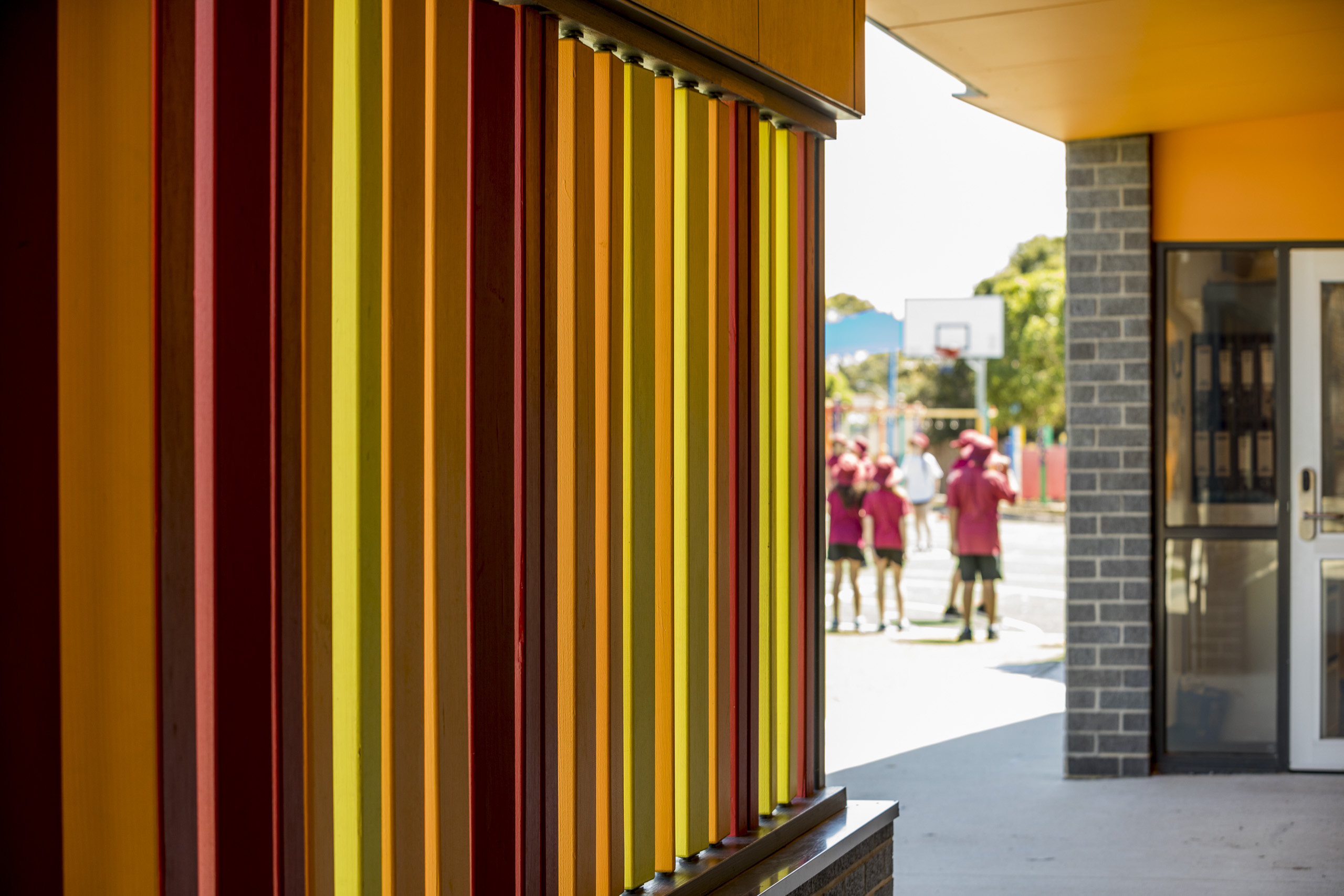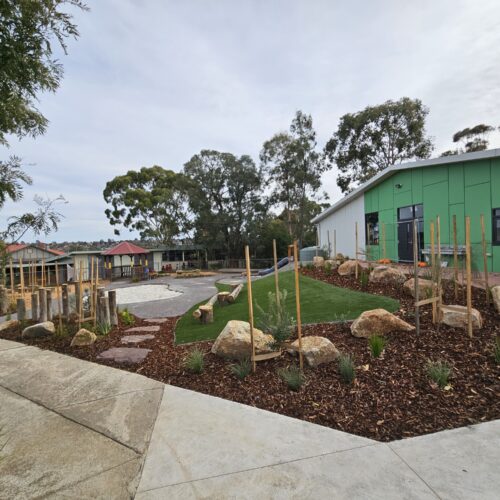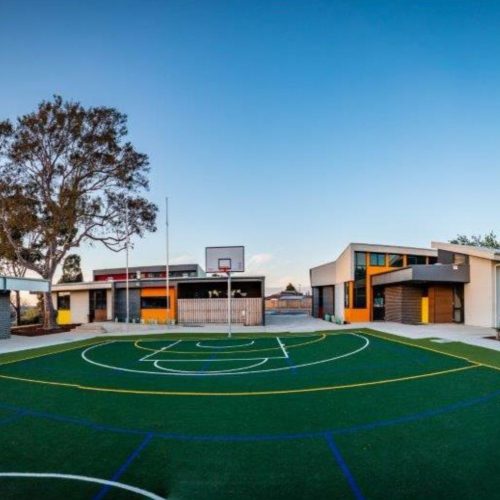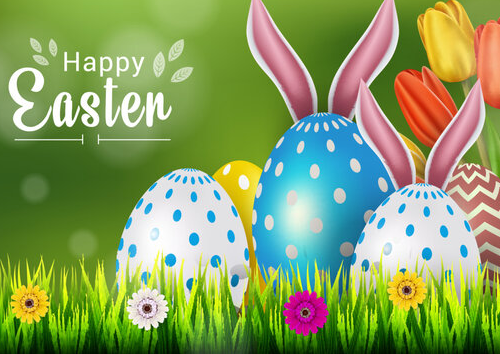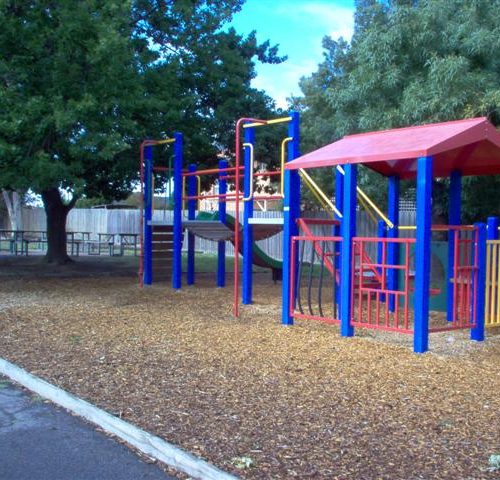IMPORTANT DATES!

PRINCIPAL’S MESSAGE

Book Week 2021
It is important for us to try to maintain some normality for our kids and also to keep engaging through a series of fun activities. This week we have seen multiple classrooms engage through various dress up sessions.
We also held the annual read with the principal session on Friday the 27th of August. 115 prep to Year 2 students joined in for a rendition of ‘Busting’, while at sometimes up to 100 students in Years 3 – 6 joined in for the uplifting but far more serious ‘The Little Refugee’. It was amazing to see all of the faces of our community albeit, through a virtual space. We still plan to have a belated celebration for book week once we return to school but it was wonderful to maintain some of this tradition.

Highlights from Victorian Preliminary Results in NAPLAN 2021
The incredible resilience and hard work of Victorian educators, students and families has been reflected in the remarkable results for this year’s NAPLAN tests. Whilst we wait until next week to receive our individual results the preliminary results are a real boost for Victorians who have labored through this incredibly challenging time.
Leading the nation
Victoria has held top spot as the highest-performing jurisdiction on seven out of ten measures in the primary school years. Our Year 3 and Year 5 numeracy results were the highest in the country.
Year 7 students achieved the highest scores of any jurisdiction for the foundation skills of Reading and Numeracy, and our Year 9 students achieved the highest scores for Spelling.

More students achieving their best
Victoria also improved on our 2019 results. Reading was a particular highlight, with students in years 3, 5 and 7 demonstrating significant improvement.
More than 62 per cent of Year 3 students are now achieving in the top two bands for Reading, representing an increase of almost ten per cent from 2015.
Since 2015, the number of students in the bottom two bands for Reading has decreased by more than eight percentage points for Year 5 students and more than two percentage points for Year 3 students.
In years 3 and 5, over 13,000 more students are achieving at the highest reading levels compared to 2015.
Wellbeing
It can be challenging to process and manage changes to routines and the uncertainty that comes with COVID-19 and related restrictions – including moving to remote learning.
To support our school community during this time, resources and support are available for parents, carers and families.
These resources will help to support the mental health and wellbeing of our students and the young people in our care during this time.
I encourage everyone in our community to access these resources and take care of themselves during this time.
Services and support for students and their families A Quick Guide to Student Mental Health and Wellbeing resources is available for students, parents and carers looking to access expert guidance and resources to support wellbeing.
Supporting the mental health and wellbeing of our students remains our priority this year, especially during the continued COVID-19 pandemic and while students are learning from home during the current circuit breaker restrictions.
For students, the guide includes resources to support their own mental health and wellbeing.
- – Advice and resources for students about ways to adapt their learning during COVID-19, to look after themselves and where to get help.
- – Wellbeing activities featuring AFL and AFLW players with tips on managing stress, staying active and gratitude.
- – Smiling Mind mindfulness activities for senior secondary school students, including short videos, online tip sheets and meditations.
The guide also includes resources and supports for parents and carers to help them build their child’s physical and mental health and wellbeing. This includes:
- – resources to support children’s physical, mental health and wellbeing
- – wellbeing activities and conversation starters for parents of parents of primary school-aged children and parents of secondary school-aged children
- – Raising Learners podcast series
- – how to talk to your child about COVID-19
- – headspace is running webinars for parents and carers about offering support when they are concerned about a young person’s mental health.
Wellbeing guidance for parents and carers is also available:
- – on the Department’s website
- – headspace has created a video providing tips to support parents and carers during lockdown
- – through the confidential parent support hotline, Parentline, available 8am to midnight, seven days a week, Phone: 13 22 89.
VicSRC are also hosting a webinar to support primary students’ mental health and wellbeing VicSRC webinar: Supporting primary students’ mental health and wellbeing, Hosted online, 1st of September | Humanitix
Take care
Kirrily Lamers
Principal
ASSISTANT PRINCIPALS’ REPORT
Some Fun Ideas
We recently posted a great article found on the RACV website titled, ‘21 things to do with kids at home during lockdown’ https://www.racv.com.au/royalauto/lifestyle-home/coronavirus-top-things-to-do-kids-home.html
As a parent of 2 small(ish) children, I’d been looking for some activities to do to kill some time. So we sat down as a family and decided to pick a few to try.
I have personally found this a great way to connect with my family through ‘hands-on’ experiences. We used this time to discuss the current situation in an open, honest and practical way. It was very interesting to hear my children’s perspectives on school and home at the moment and allowed me to understand and address a few concerns.
We also decided to throw in some costume making (I was surprised at my sewing machine skills!). Can you guess my character?

I’ve had so many conversations with parents over the last few weeks and the stories are all too familiar, disengagement, tears, moments of feeling down. Generally with some positive words and love students get up and get going again. Stick in there, try to remain as consistent as possible, develop routine and listen.
For my family, I see this as a great opportunity to discuss resilience and sticking through tough times. I’ve seen almost every emotion from my own kids as I’ve discussed with members of this community. You’re not alone, most of us are working through it. We are here for a chat if you need us.
The Link Between Food, Mood and Learning Outcomes
All students deserve the opportunity to be successful, happy, healthy and resilient.
Providing and promoting healthy foods plays an important role in the academic success of students.
The link between food, mood, and learning
We know that fuelling children with the appropriate foods helps support their growth and development. But there is a growing body of research showing that what children eat can affect not only their physical health but also their mood, mental health and learning.
The research suggests that eating a healthy and nutritious diet can improve mental health, enhance cognitive skills like concentration and memory and improve academic performance.

Children should be eating plenty of nutritious, minimally processed foods from the five food groups:
- – fruit
- – vegetables and legumes/beans
- – grains (cereal foods)
- – lean meat and poultry, fish, eggs, tofu, nuts and seeds, and legumes/beans
- – milk, yoghurt, cheese and/or their alternatives
Consuming too many nutritionally-poor foods and drinks that are high in added fats, sugars and salt, such as lollies, chips and fried foods has been connected to emotional and behavioural problems in children and adolescents. In fact, young people that have the unhealthiest diets are nearly 80% more likely to have depression than those with the healthiest diets.

How much food does my child need?
Children need to eat more as they grow. As a guide, your child should eat these foods every day:
- – 2 to 3 years: 1 serve of fruit; 2½ serves of vegetables; 4 serves of grains; 1 serve of meat/poultry; 1½ serves of dairy
- – 4 to 8 years: 1½ serves of fruit; 4½ serves of vegetables; 4 serves of grains; 1 ½ serves of meat/poultry; 1½ to 2 serves of dairy
- – 9 to 11 years: 2 serves of fruit; 5 serves of vegetables; 4 to 5 serves of grains; 2½ serves of meat/poultry; 2½ to 3 serves of dairy
- – 12 to 13 years: 2 serves of fruit; 5 to 5 ½ serves of vegetables; 5 to 6 serves of grains; 2 ½ serves meat/poultry; 3 ½ serves dairy
Tips to encourage healthy eating habits

Teaching your child how to eat healthily now means they will be more likely to make their own healthy choices as they get older.
- – make mealtime family time, without any screens
- – make healthy foods fun, for example by cutting fruit or sandwiches into interesting shapes
- – encourage your children to sit with you at the table
- – eat a healthy breakfast every day
- – try out new foods and show your children where food comes from; let them help you buy food from the shops
- – cook and try new recipes together
- – don’t keep junk food in the house
- – keep a bowl of fruit handy for a snack
- – wash your hands and make sure food is prepared and stored safely
Foods to limit
Some foods are not essential in children’s diets. These are called ‘discretionary foods’ and are generally high in kilojoules, saturated fat, added sugars or added salt.
It’s OK to eat small amounts of discretionary foods now and then as part of a balanced diet. But you should try to limit these foods in your child’s daily diet since they can lead to children becoming overweight or developing diseases in later life.
Examples of foods to limit are:
- – sweet biscuits, cakes and desserts
- – processed meats and sausages
- – ice-cream, confectionery and chocolate
- – meat pies and other pastries
- – commercial burgers, pizza, hot chips, and fried foods
- – crisps and other fatty and/or salty snacks
- – cream and butter
- – sugar-sweetened cordials and soft drinks
Here are some tips to help you limit foods for children:
- – Instead of using a lot of butter, cooking margarine, cream or coconut or palm oil, choose vegetable oils, spreads, nut butters/pastes and avocado.
- – Read labels and always choose low-salt options.
- – Don’t add salt to foods during cooking or at the table.
- – Offer water rather than sugary soft drinks, cordial, energy drinks or sports drinks.
Luke Franklin & Denisse Lobos
Assistant Principals
TEACHING AND LEARNING
ICAS 2021
All 2021 ICAS dates have now been moved to October. Please see new dates listed below:

‘Book Week Character Dress Up Assembly’
The ‘Book Week Dress Up Assembly’ has been rescheduled for Thursday October 7th at 9am. COVID restrictions at the time will determine whether we are able to host a parent audience for the assembly. All students are encouraged to plan a costume to celebrate literature in keeping with the Book Week theme ‘Old words, New Worlds, Other Worlds.’
High Ability Learner Programs
Despite the lockdown, RGLPS has four Year 5/6 students currently participating in the High Ability Learner Programs with Virtual Schools Victoria. Place offers are generated by the department and based on high achievement on semester reports and NAPLAN data. I would like to acknowledge the extra commitment that Jade D, Madeleine O, Lucia F and Alexander L.Y have given to continuing with their programs from home, despite our current circumstances.
I have recently received new offers – an additional eight RGLPS students have been offered a place in the English or Mathematics programs during Term 4. Parents need to provide consent for their child to participate by the end of next week, but this is an exciting opportunity for selected students to be challenged and learn with similarly high achieving students from local schools. Congratulations and good luck to the students who accept an offer in one of the courses.
Tournament of Minds
Unfortunately, the challenges of working from home and the strict Tournament of Mind deadline (25th August) has proved too difficult for the team to overcome this year. Instead, the RGLPS TOM Team will continue with their Challenge response when we are back onsite at school. The team have elected to present to a panel of ‘internal school judges’ for feedback, rather than submit a format entry. As a judge on the Tournament this year, I will be able to ensure that the school team receive authentic and similar feedback to what they would have received, had they submitted an official entry. Basically, the team found It was too hard and stressful to meet online to write a script, make costumes, props, rehearse and record a video presentation, in our current circumstances. The team would have needed to meet online for several hours per day, which was too much to ask, given screen fatigue, network issues and challenges of not having access to materials. Working through the process collaboratively onsite will be a far more enjoyable, rewarding experience in the long run.
Have a good week everyone!
Kerron Worsdell
Learning Specialist
MATHS QUIZ
Maths Riddle:
Well done to those who solved last week’s Pretzel Stick Riddle. Thank you to Ethan from 3BD for sharing photos of his solution. The answer to the problem from last week is…

The Bookshelf Problem: In honour of Book Week, here is a bookshelf problem. See if you can solve it. I’ll share the answer in the newsletter next week.

HINT: Draw a diagram or use some books to help you.
Extra challenge: Create your own bookshelf problems. Start by choosing the number of books, then select one book on the shelf and describe its position using ordinal numbers (1st, 2nd, 3rd…) and left/right.
If you’d like to share, please send your solutions and/or riddles to sarah.mclellan@education.vic.gov.au
Sarah McLellan
Learning Specialist
BRASSEY AVENUE CROSSING
Just a quick note to let the RGLPS Community know that Bronwyn will not be at the Brassey Avenue crossing on Tuesday afternoon, Wednesday or Friday next week. We are unsure if Banyule Council will replace her for those days.
FUNDRAISING

CANTEEN
RGLPS Cooking Club
If you have cooked something amazing in lockdown we would love it if you would share it with our Golf Links families!!
Send your recipe and a phot if you have one to deborah.howard@education.vic.gov.au and we will feature your culinary prowess in the Newsletter.
Fun Food Ideas
I know lock down shouldn’t be ALL about food, but we think about it a lot at our house. As we cant afford a fancy takeaway feast, we have started setting aside a night each weekend where we pick a cuisine and make a few dishes we haven’t made before. So far we have done Italian and French; this weekend its Japanese. Researching the dishes and how they are traditionally served has been fun, even my grumpy teenagers have enjoyed it!!

Soupe de Carottes avec Chapons aux Herbes et Yaourt
Carrot Soup with Herb Chapons and Yoghurt

Notes: Just use plain Greek yoghurt, buffalo is hard to get. Any soft herbs will work, even just parsley.
THEIRCARE – BEFORE & AFTER SCHOOL CARE

COMMUNITY NOTICES
Disclaimer: Rosanna Golf Links Primary School (RGLPS) does not endorse any product or service advertised in this newsletter. RGLPS takes no responsibility for the content of advertisements or the quality and reliability of products or services offered in the advertisements





